Sumi Madhok - Rethinking Agency: Developmentalism, Gender and Rights
Here you can read online Sumi Madhok - Rethinking Agency: Developmentalism, Gender and Rights full text of the book (entire story) in english for free. Download pdf and epub, get meaning, cover and reviews about this ebook. year: 2014, publisher: Routledge, genre: Politics. Description of the work, (preface) as well as reviews are available. Best literature library LitArk.com created for fans of good reading and offers a wide selection of genres:
Romance novel
Science fiction
Adventure
Detective
Science
History
Home and family
Prose
Art
Politics
Computer
Non-fiction
Religion
Business
Children
Humor
Choose a favorite category and find really read worthwhile books. Enjoy immersion in the world of imagination, feel the emotions of the characters or learn something new for yourself, make an fascinating discovery.

- Book:Rethinking Agency: Developmentalism, Gender and Rights
- Author:
- Publisher:Routledge
- Genre:
- Year:2014
- Rating:3 / 5
- Favourites:Add to favourites
- Your mark:
Rethinking Agency: Developmentalism, Gender and Rights: summary, description and annotation
We offer to read an annotation, description, summary or preface (depends on what the author of the book "Rethinking Agency: Developmentalism, Gender and Rights" wrote himself). If you haven't found the necessary information about the book — write in the comments, we will try to find it.
This book proposes a new theoretical framework for agency thinking by examining the ethical, discursive and practical engagements of a group of women development workers in north-west India with developmentalism and individual rights.
Rethinking Agency asks an underexplored question, tracks the entry, encounter, experience and practice of developmentalism and individual rights, and examines their normative and political trajectory. Through an ethnography of a moral encounter with developmentalism, it raises a critical question: how do we think of agency in oppressive contexts? Further, how do issues of risk, injury, coercion and oppression alter the conceptual mechanics of agency itself?
The work will be invaluable to research organisations, development practitioners, policy makers and political journalists interested in questions of gender, political empowerment, rights and political participation, and to academics and students in the fields of feminist theory, development studies, sociology, politics and gender studies.
Sumi Madhok: author's other books
Who wrote Rethinking Agency: Developmentalism, Gender and Rights? Find out the surname, the name of the author of the book and a list of all author's works by series.

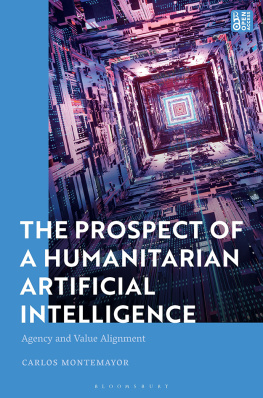
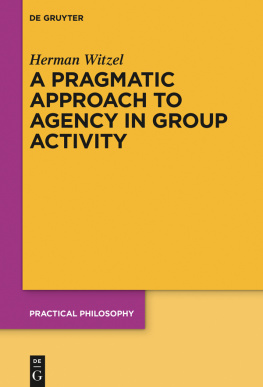
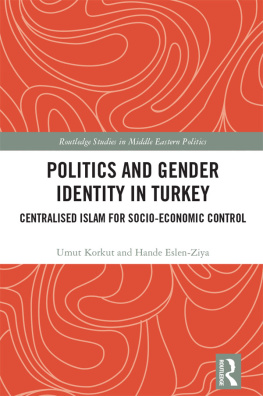
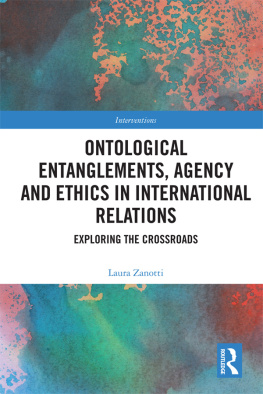
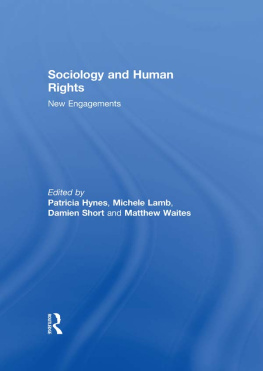
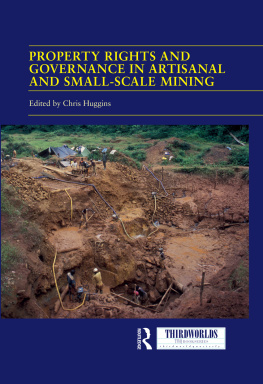
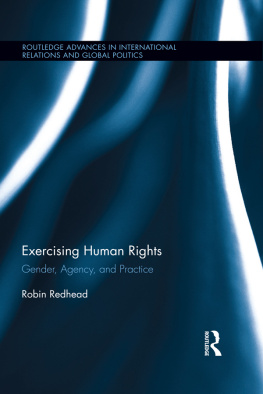
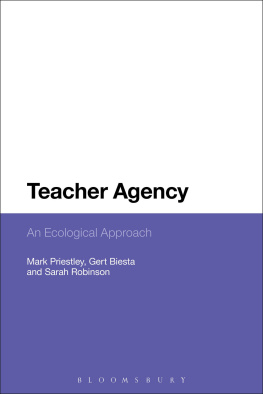
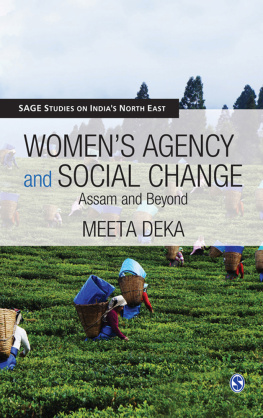


 1,000 (approximately $20).
1,000 (approximately $20).